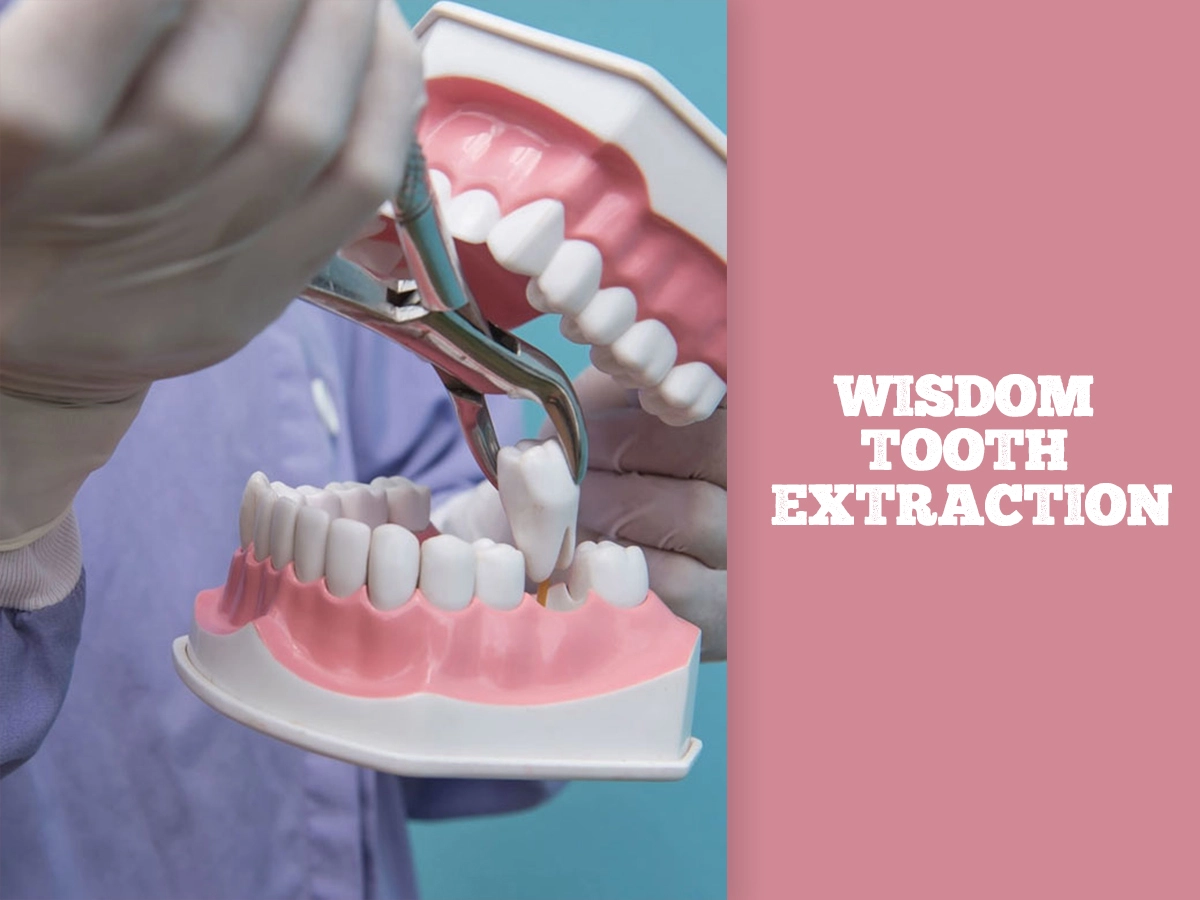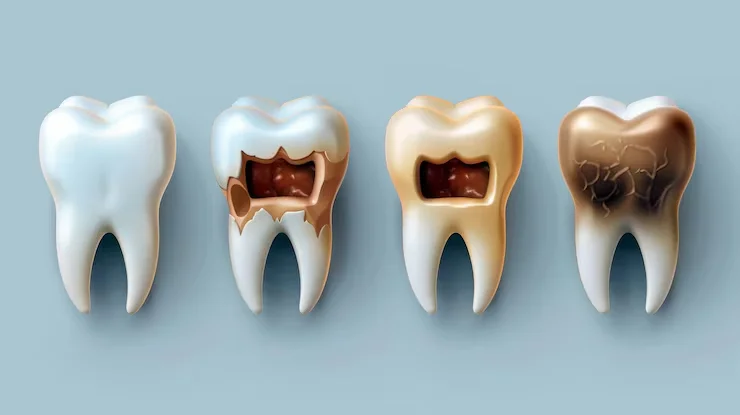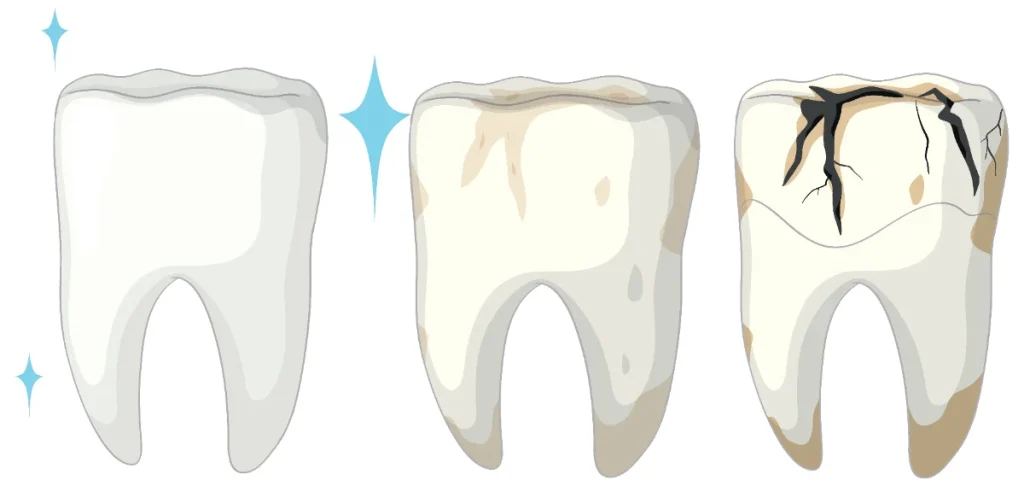Proper wisdom tooth extraction aftercare is crucial after wisdom tooth removal. Wisdom teeth are the four permanent adult teeth located at the back corners of the mouth on the top and bottom. A surgical procedure to remove one or more wisdom teeth is called a wisdom tooth extraction.
If you have an impacted wisdom tooth, i.e., when the wisdom tooth doesn’t have room to grow, it results in infection, pain, or other dental problems, so it needs to be pulled out. An expert dentist or an oral surgeon can do wisdom tooth extraction.
Dentists and oral surgeons recommend you to follow specific wisdom tooth extraction aftercare to prevent potential future problems even if impacted teeth aren’t currently causing problems.
Read on to know more about wisdom tooth extraction and its recovery.
What is Wisdom Teeth Extraction?
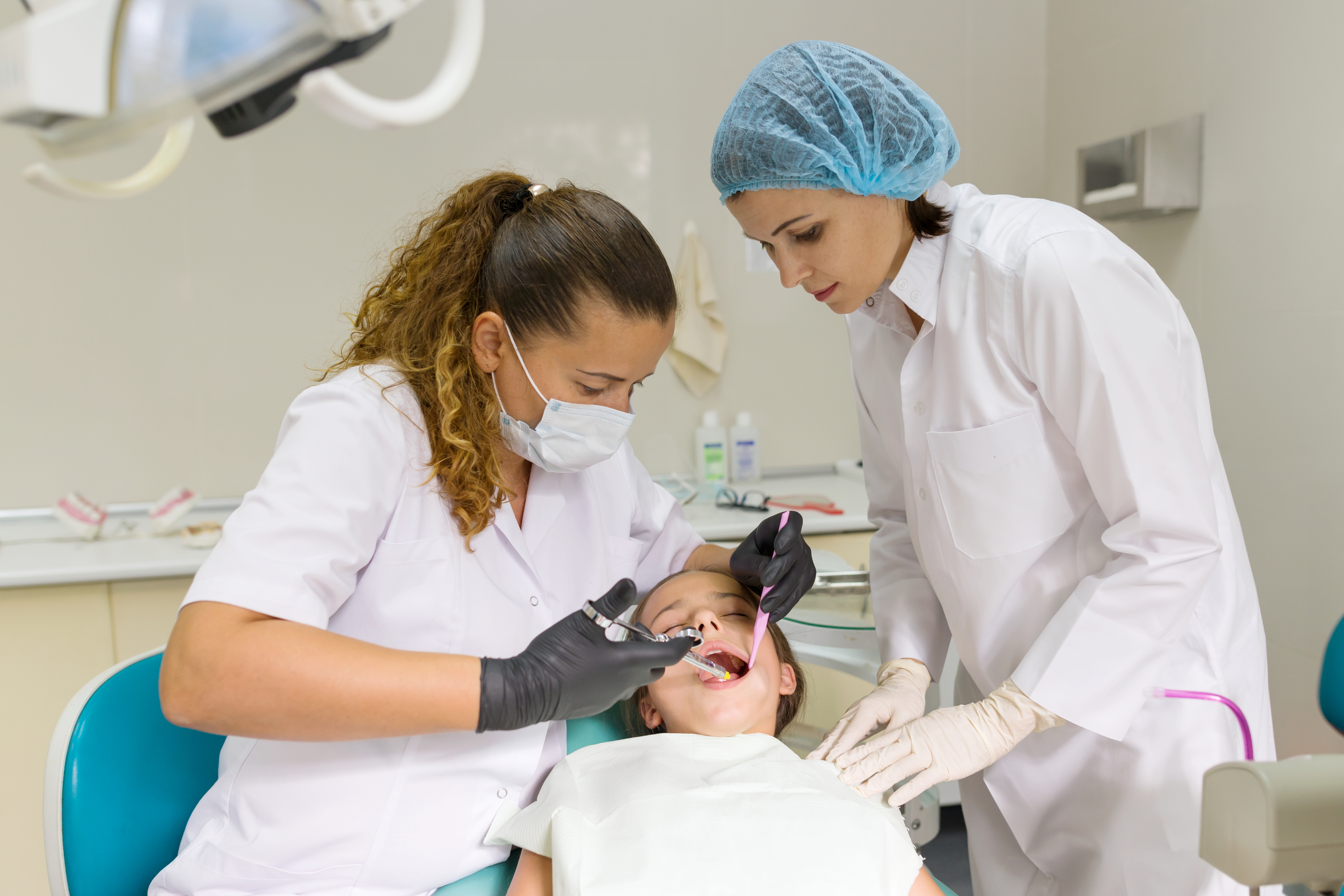
Wisdom teeth extraction is the removal of the third molars (the four permanent adult teeth found in the upper and lower jaws, in the very back of your mouth). A wisdom tooth generally erupts between the ages of 16 and 21.
When Do You Need a Wisdom Tooth Extraction?
A dentist may recommend wisdom teeth extraction if you:
- Have cavities (tooth decay) in a partially erupted wisdom tooth.
- Develop a fluid-filled sac called a cyst around one or more wisdom teeth.
- Have sustained damage to surrounding bone or nearby teeth.
- Experience dental pain near the back of the mouth.
- Have trapped food and debris around the wisdom teeth.
- Develop gum disease, especially around your molars.
Often healthcare providers will recommend wisdom teeth extraction as a preventative measure. As a result, the dentist sometimes suggests removing the wisdom teeth even if a person has no symptoms, which helps reduce the risk of future infections or tooth decay.
Irrespective of why you need an extraction, practicing wisdom tooth extraction aftercare is crucial.
Risks or Complications of Wisdom Teeth Extraction
Some common complications that may occur because of wisdom tooth extraction include:
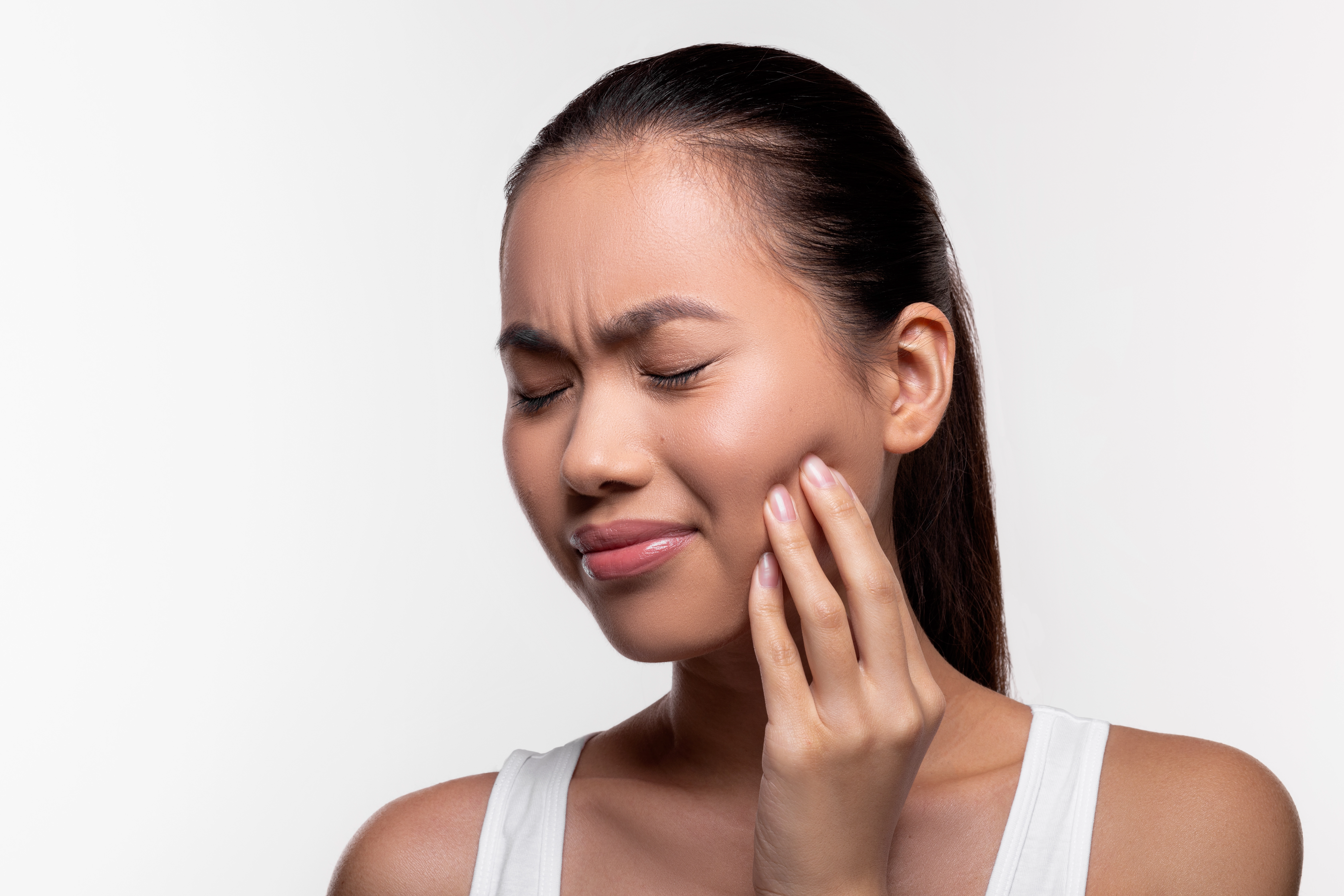
-
Pain and Swelling
Pain and swelling are the most common risk after tooth extractions, typically within the first one to four days following wisdom tooth removal. The dentist or oral surgeon may recommend over-the-counter or prescription pain medications.
Contact a professional dentist’s office for an examination if you feel moderate or severe pain even after 4-5 days.
-
Dry Socket (Alveolar Osteitis)
Blood clots form over the extraction sites to help your mouth heal after wisdom teeth removal. Alveolar osteitis, also known as dry socket, occurs if this blood clot is dislodged and leaves the nerve under your gum exposed to food debris or air. People who smoke are more likely to get dry sockets.
Some symptoms of dry sockets include sharp or throbbing pain at the extraction site. It is crucial to contact your oral surgeon or dentist if you start to feel this sharp or throbbing pain because they can clean the extraction site and cover the exposed extraction site.
-
Excessive Bleeding
After wisdom tooth extraction, bleeding is expected within the first 8—12 hours because the blood clot takes time to form over your extraction site. The dentist or oral surgeon will instruct you to help minimize bleeding. He will tell you to rinse your mouth with salt water, eat soft foods and avoid smoking.
-
Lip Numbness
Lip numbness is rare, but it’s possible after wisdom tooth extraction. The inferior alveolar nerve in your jaw is close to the wisdom teeth, and if this nerve is damaged during the procedure, it can numb your lips or jaw.
Even though this numbness is usually temporary, it can still be permanent if the nerve damage is severe. However, wisdom teeth extractions mostly do not have this complication.
-
Limited Mouth Opening
After a lengthy tooth extraction procedure, you may experience temporary trismus, restriction, or discomfort opening your mouth. The dentist can prescribe various treatments such as pain medications, muscle relaxants, heat therapy, or jaw-opening devices if jaw stiffness or trismus is prolonged.
The dentist or oral surgeon at Osseo Family Dental will discuss possible wisdom teeth extraction complications with you and advise you on wisdom tooth extraction aftercare to reduce risk and ensure proper healing after the procedure.
Follow our dentist’s instructions for wisdom tooth extraction aftercare and contact our office if you are concerned about complications or side effects of your wisdom teeth removal.
Tips for Wisdom Tooth Extraction Aftercare
Recovery from a wisdom tooth can take up to 2 weeks post-surgery. During this time, the following tips for wisdom tooth extraction aftercare can help you reduce pain and aid your recovery:
- Avoid strenuous exercise and activity for a few days.
- Use an extra pillow while sleeping at night to support your head.
- Use painkillers such as ibuprofen and paracetamol.
- Avoid drinking alcohol and smoking for at least 24 hours.
- Chew with your other teeth and eat soft or liquid food for a few days.
- Rinse the tooth extraction site with an antiseptic mouthwash gently after 24 hours, and regularly repeat this over the next few days, especially after eating.
- To reduce gum soreness and inflammation, use warm water with a teaspoon of salt as a mouthwash.
- Avoid rinsing, hot drinks, and spitting, for 24 hours. And don’t do anything else that may dislodge the blood clots that form in the empty tooth socket (they help the healing process)
Learn about the Best Wisdom Tooth Extraction Aftercare from Osseo Family Dental Today!
Proper wisdom tooth extraction aftercare is important for recovery from wisdom teeth removal surgery. The removal surgery usually takes around two weeks; however, a person can often resume daily activities after just a few days.
People who do not have enough room for the teeth in their mouth may require wisdom tooth removal surgery because teeth can become impacted, promoting infection. If you need to learn more about wisdom tooth removal surgery or wisdom tooth extraction aftercare, contact Osseo Family Dental Today!

